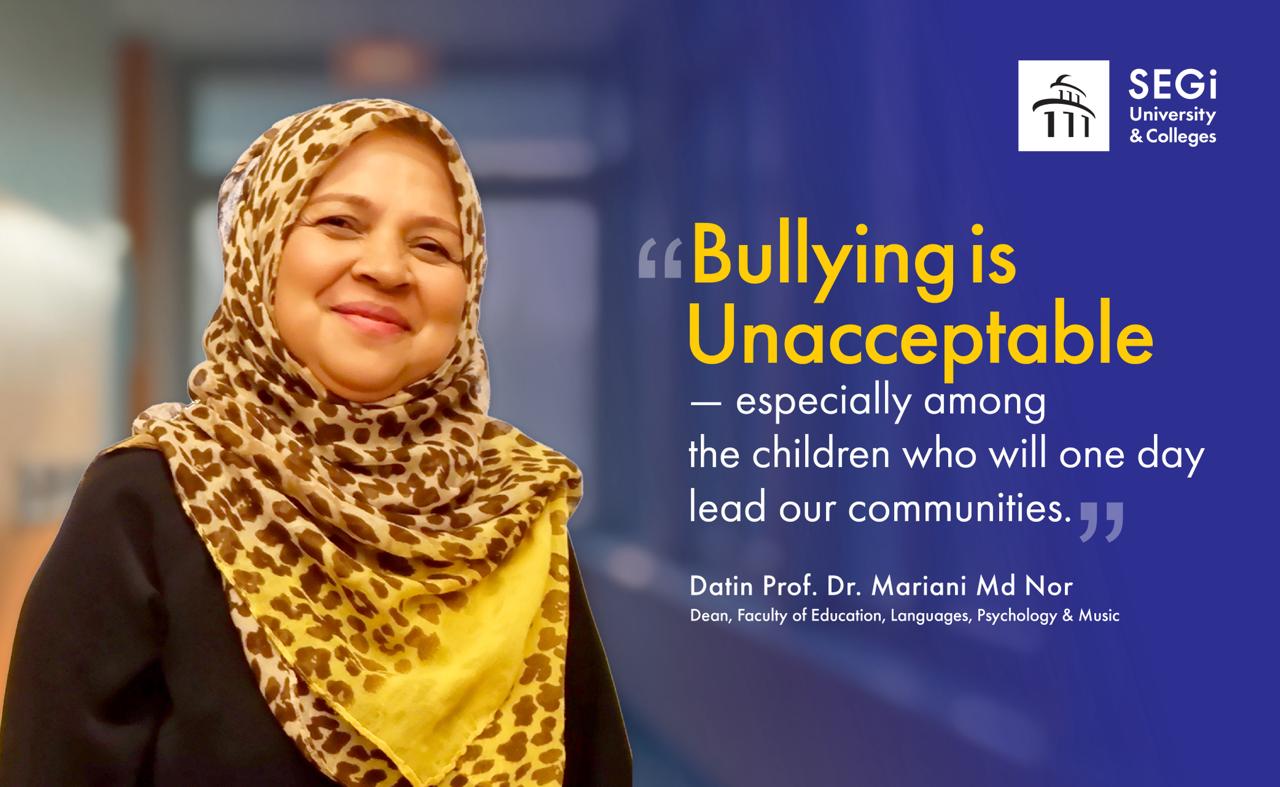The tragic death of 13-year-old Zara Qairina has left a wound in our nation’s conscience and serves as a painful reminder that bullying is more than schoolyard drama, it is a crisis with real consequences. Reports surfaced that Zara had repeatedly complained to her mother about older students targeting her, and when bruises appeared during the mandi jenazah ritual but were not initially reported, it fueled widespread public outcry. The Attorney General has now ordered her exhumation for a post-mortem, and an independent inquiry is being strongly urged.
As a member of the Ministry of Education’s 2023 Task Force reviewing bullying procedures, I know that legal measures, like the new Penal Code amendments criminalising bullying (including cyberbullying and doxing) with penalties up to 10 years, are vital. But they address only part of the problem. Punishment alone does not heal victims, nor does it guide bullies toward change.
Nearly 80% of Malaysian secondary students report being involved in bullying as victims, perpetrators, or both. Victims often suffer lasting mental health effects such as depression, anxiety, PTSD, and even suicidal ideation, risks that increase with the severity of the bullying. Similarly, global data shows that bullying programmes can reduce incidents by around 15 to 25%, proving that a coordinated, empathetic approach works.
To that end, I offer practical guidance that schools, parents, and students must adopt immediately:
For students who are bullied: Speak up and report it. Document what happened, the dates, the locations, the words, and the witnesses. You can talk to someone you trust, whether a counsellor, teacher, or family member. Remember, you deserve safety and understanding.
For students recognising bullying in themselves: Acknowledge it. Reflect honestly on your actions and their impact. Seek counselling, and commit to changing through empathy and respect, not coercion.
Schools must do more than enforce zero-tolerance policies. They must implement restorative practices, teach emotional intelligence, and support both victims and perpetrators toward healing. SEGi is committed to this approach by training educators to identify bullying, facilitate safe communication, and help restore relationships, not just punish wrongdoing.
We stand at a crossroads. Bullying is unacceptable, especially among children who will one day lead our communities. Clear support for victims, empathy training for perpetrators, and systemic frameworks across schools can spark meaningful change. Every child deserves a learning environment defined by safety, kindness, and personal growth. By aligning legal protections, empathetic school policies, and restorative strategies, we can build schools where no one just survives but thrives.

About the Author
Datin Prof. Dr. Mariani Md Nor is a renowned local and international expert in Early Childhood Education. She is a Professor and the Dean of the Faculty of Education, Languages, Psychology, and Music at SEGi University, Malaysia. Dr. Mariani holds a Ph.D. in Children Cognitive Psychology from the University of Bristol and has over 30 years of experience in the field.
Formerly, she was the Dean at the University of Malaya, where she led the faculty to achieve a QS World University Ranking of 41. Dr. Mariani previously served as the President of the ECCE Council Malaysia (2021 – 2025) and also the Chairperson of the Standard Programme MQA in Early Childhood Education. She has published extensively, received numerous awards, and supervised many postgraduate students, including those pursuing PhDs and Masters degrees.

